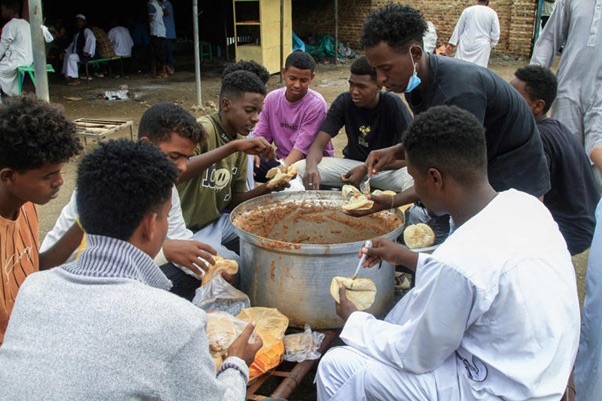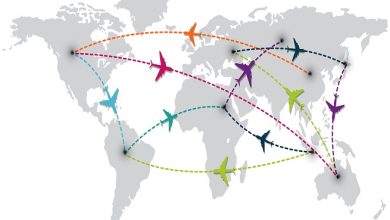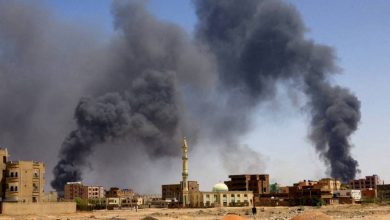Arab and African States Warn of Dire Food Situation in Sudan

MSN
Several nations in the Mena region to express serious concern about the continuing crisis and risk of famine in Sudan.
A joint statement was released to warn of the findings of the Integrated Food Security Phase Classification report, published last month, which suggested that “after 14 months of conflict, Sudan is facing the worst levels of acute food insecurity ever recorded by the classification in the country”.
Other countries to release the statement were Morocco, Jordan, Mauritania, Chad, Comoros, Guinea-Bissau, Seychelles, Senegal, Benin, Kenya, Sierra Leone, Uganda, Mozambique and Nigeria. The report revealed shocking levels of food insecurity in Sudan that has left 14 areas at risk of famine and 25.6 million people without access to sufficient food, or food of adequate quality, to meet their basic needs.
The statement expressed particular concern around the apparent “dramatic and rapid deterioration” of the situation on the safety and well-being of civilians, including several thousand children suffering severe malnutrition.
Sudan was plunged into conflict in mid-April last year when long-simmering tensions between its military and paramilitary leaders broke out in the capital, Khartoum, and spread to other regions including Darfur. The UN says more than 14,000 people have been killed and 33,000 injured. Rights activists say the death toll could be much higher.
The war has also created the world’s largest displacement crisis with more than 11 million people forced to flee their homes, as well as allegations of sexual violence and crimes against humanity. International experts recently warned that 755,000 people are facing famine in the coming months.
Talks in Saudi Arabia’s port city of Jeddah between the Sudanese military and the paramilitary Rapid Support Forces broke down at the end of last year.
Part of the joint statement recalled the UN Security Council’s request for the warring parties to “allow and facilitate rapid, safe, sustained and unhindered passage of humanitarian relief to civilians in need, including by removing bureaucratic and other impediments”.
It stressed the need to enable visas and travel permits for humanitarian workers and supplies, and reiterated the call on foreign nations to cease providing armed support to either side.
“The international community must increase humanitarian assistance, support IPC recommendations to scale up nutrition interventions, restore productive systems, and improve data collection,” it said.
“We also stress the urgent need to address the crisis and prevent further deterioration of the humanitarian situation and the imminent risk of famine in Sudan, including working to achieve a sustainable solution to the conflict in Sudan.”



